Key Lessons from the SCO Summit in China: Modi, Putin, Xi Together
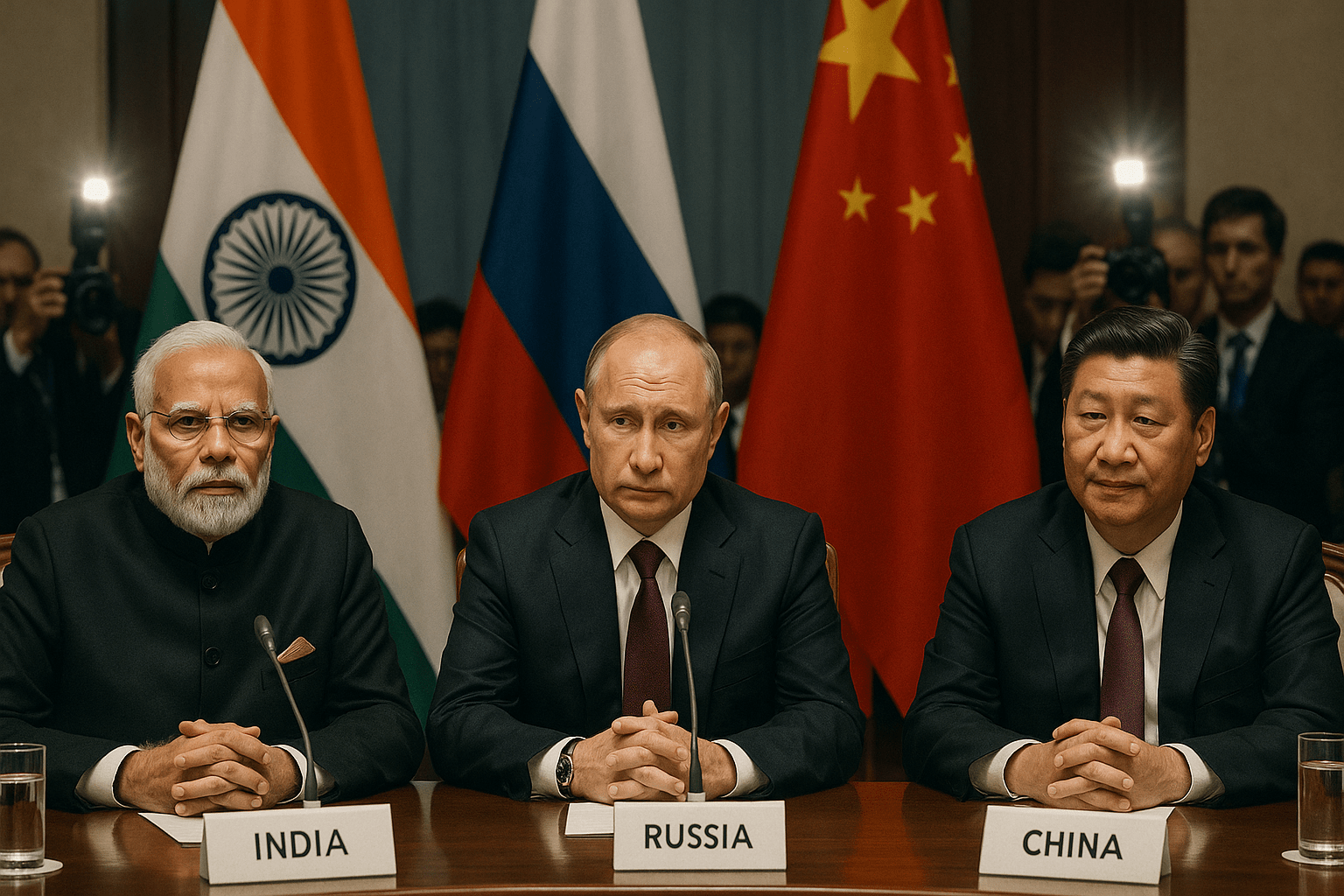
Geopolitics changes fast. Just two months ago, India refused to sign a Shanghai Cooperation Organisation (SCO) declaration because the Pahalgam terror attack wasn’t mentioned. Today, the story looks very different. At the SCO Summit in China, Prime Minister Narendra Modi shared powerful images with Vladimir Putin and Xi Jinping — signalling unity and sending a message to the world. From strengthening the India–Russia partnership to condemning terrorism, this summit showcased India’s growing diplomatic confidence and independent foreign policy.
Visual Diplomacy: The Power of Images
In today’s world, pictures often speak louder than words. PM Modi’s shared images with Putin and Xi weren’t just friendly snapshots — they were signals. A direct reminder to the West that India decides its own foreign policy. Travelling together with Putin for the India–Russia bilateral summit sent another message: no matter the global pressure, India values its historical friendship with Russia.
RIC (Russia–India–China): A Subtle Revival
For years, the RIC format was overshadowed by tensions. However, this SCO summit laid the groundwork for renewed cooperation. Russia and China have always wanted India’s stronger involvement. Now, with Modi openly engaging both leaders, the possibility of closer trilateral cooperation looks real. This doesn’t erase differences with China, but it highlights a shift: all three recognise the cost of ignoring one another.
Pakistan’s Isolation
If optics matter, Pakistan’s Prime Minister Shehbaz Sharif had a rough time. Despite brief handshakes with Xi, he looked sidelined in most visuals. Compare that with Modi and Putin — long conversations, shared travel, and bilateral talks. The contrast was sharp. For Pakistan, the SCO summit offered little. For India, it was a platform to showcase relevance, confidence, and influence.
Terrorism and the Pahalgam Attack: India’s Diplomatic Win
This summit marked a turning point. For the first time, the Pahalgam attack was strongly condemned in the official SCO declaration. Two months earlier, India had refused to sign a declaration that ignored it. That tough stance paid off. While Pakistan’s name wasn’t directly mentioned — because SCO decisions require consensus — India secured recognition of its concerns. It showed that persistence in diplomacy delivers results.
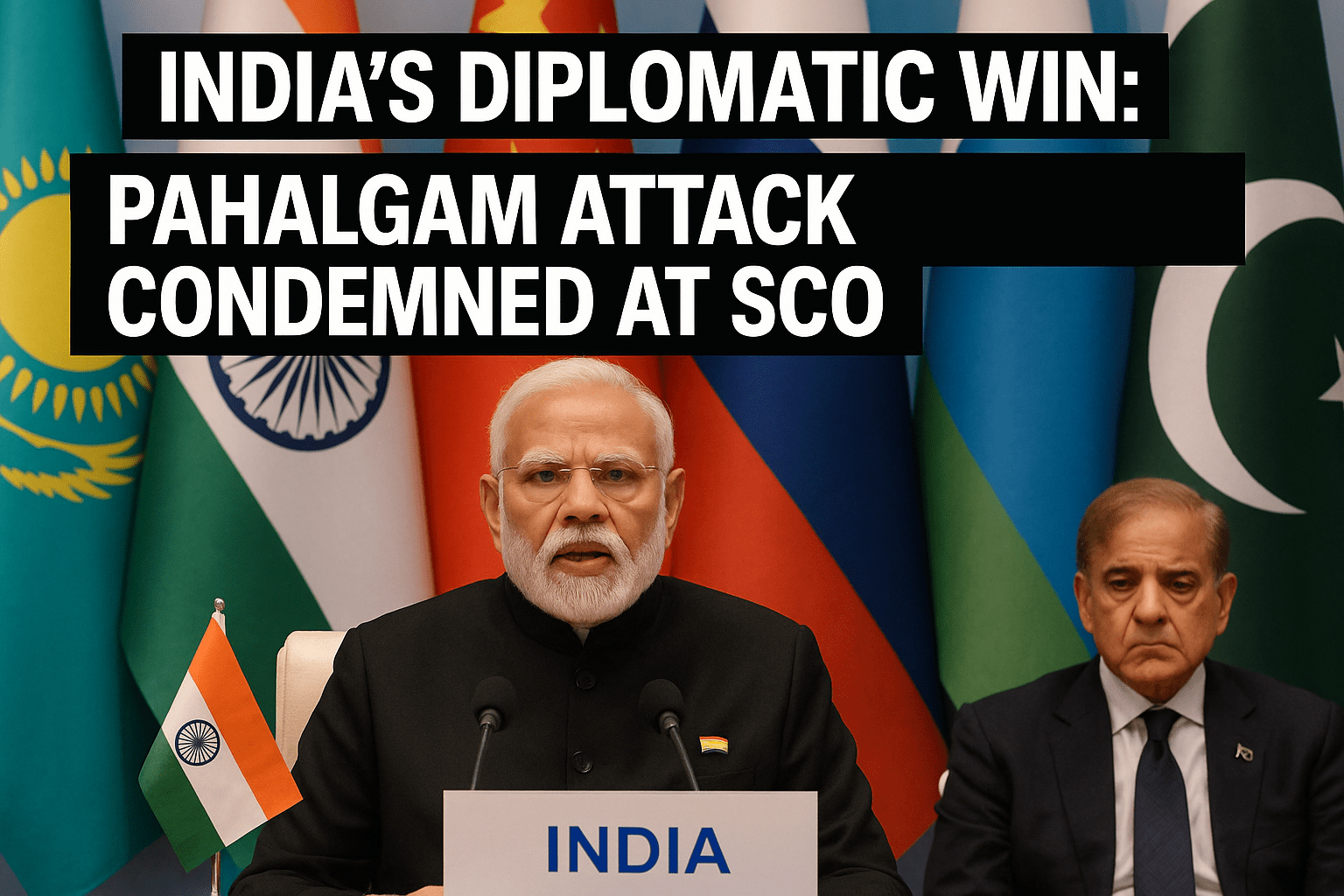
Security, Connectivity, Opportunity — Modi’s Three Pillars
In his address, PM Modi stressed three themes:
- Security: Terrorism is the biggest regional threat. Without safety, no nation can grow. He called for stronger joint counter-terrorism through the SCO’s RATS (Regional Anti-Terrorist Structure).
- Connectivity: India supports regional links but on fair terms — inclusive, transparent, and respecting sovereignty. This was a clear pushback against China’s Belt and Road Initiative (BRI) that runs through Pakistan-occupied Kashmir.
- Opportunity: From energy security to digital innovation, India positioned itself as a partner for growth. With Central Asia’s resources and India’s technology, the SCO can unlock real potential.
Balancing East and West
One key lesson: Russia and China are giving India more room to manoeuvre independently than the West often does. While the U.S. and Europe frequently tell India to cut ties with Russia, neither Putin nor Xi Jinping has told India to avoid the G7 or Western alliances. This balanced approach strengthens India’s hand — it can deepen ties with Moscow and Beijing while still engaging the West.
What Comes Next
The SCO summit isn’t the end — it’s the start of a new phase. Putin is set to visit India in December for the annual bilateral summit. This will further cement ties. Meanwhile, China seems keen to avoid mistakes of the past — realising that isolating India would only push it closer to Washington. For India, the strategy is clear: stay independent, engage with all, and keep national interests at the core.
Conclusion
The SCO Summit in China highlighted India’s growing strength in shaping global conversations. From securing recognition of the Pahalgam attack to reviving the RIC format and strengthening ties with Russia, India showed it won’t let others dictate its choices. The message was clear: India is free, independent, and confident on the world stage. For citizens, the takeaway is simple — persistence, clarity, and confidence can shift even global outcomes.
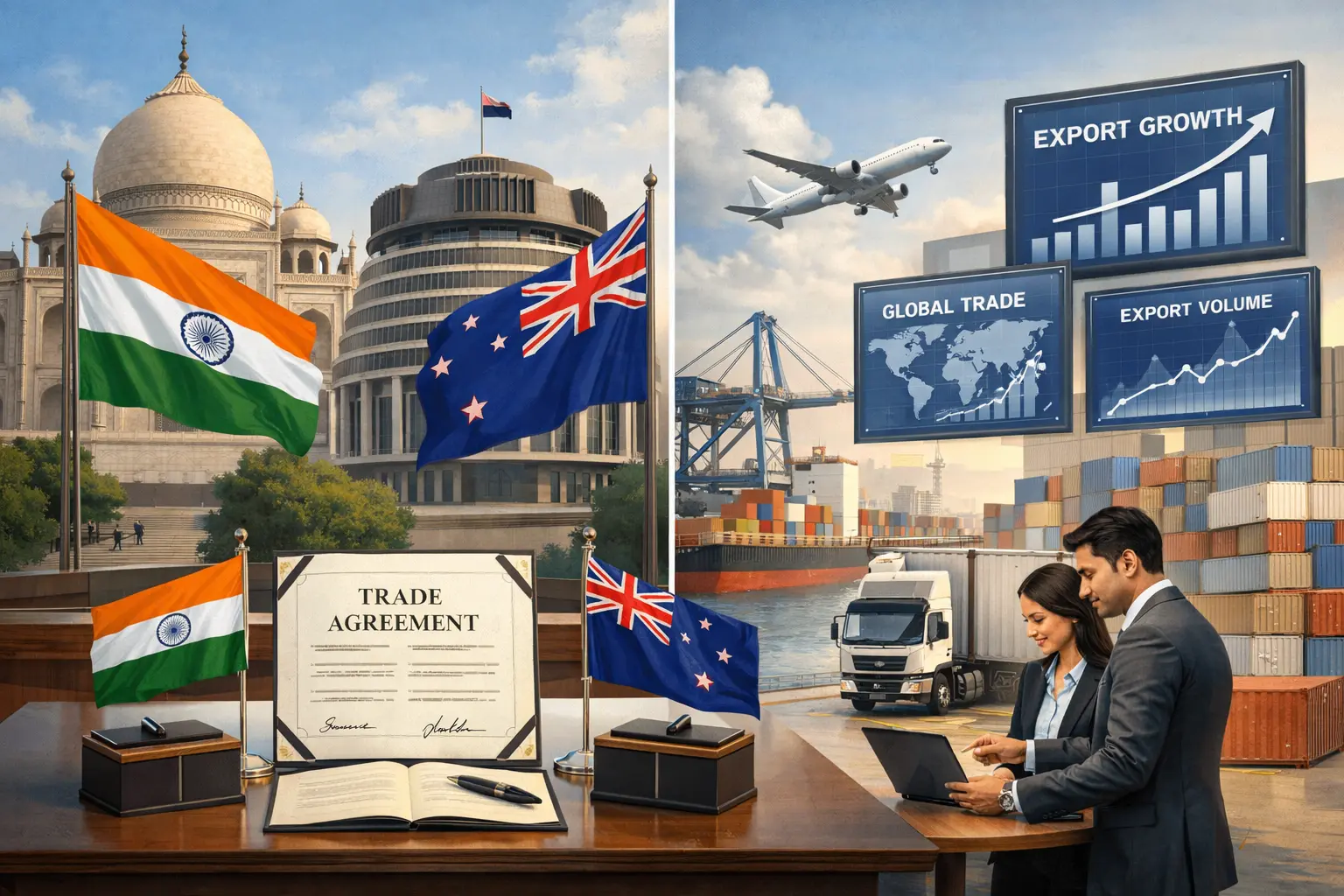
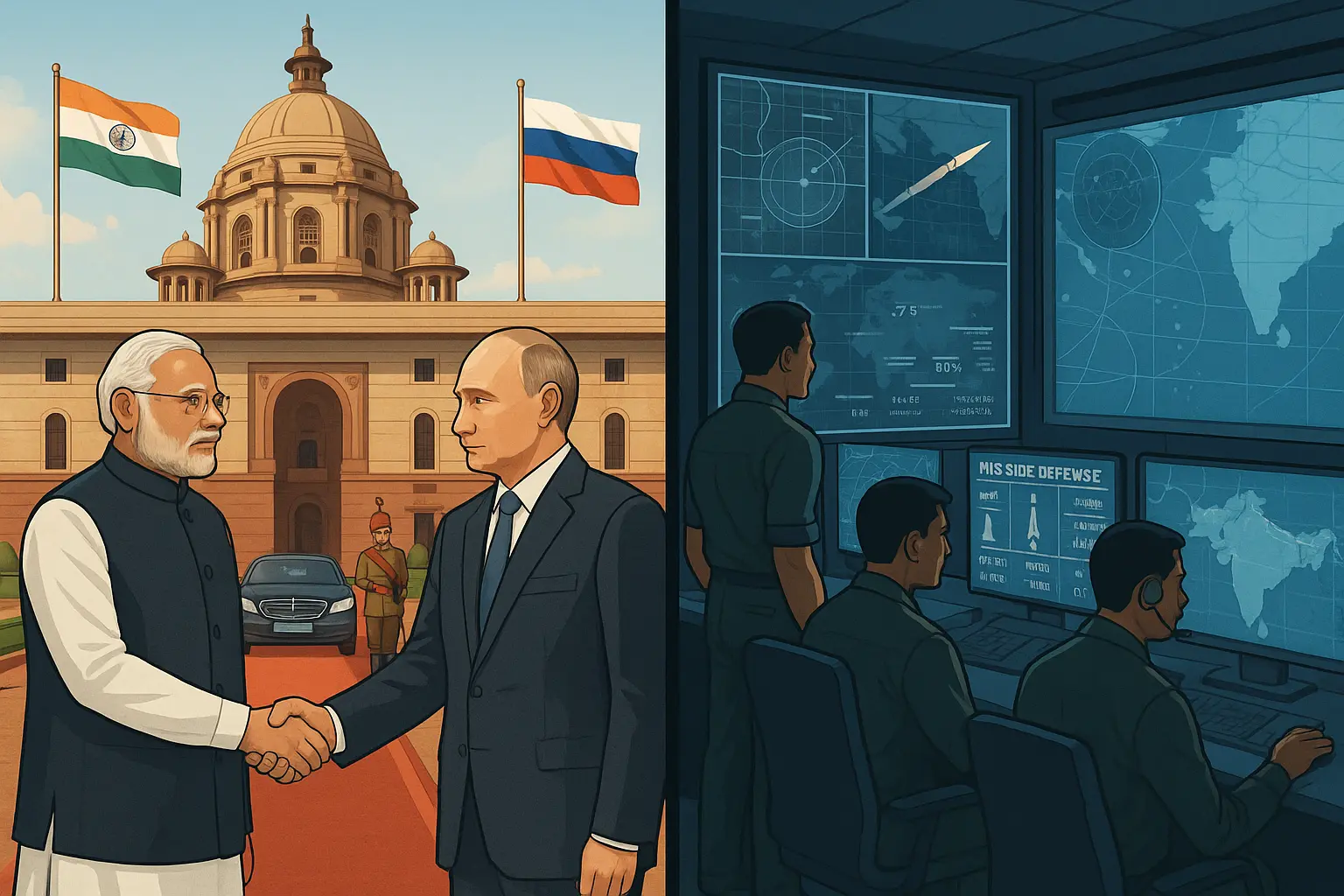
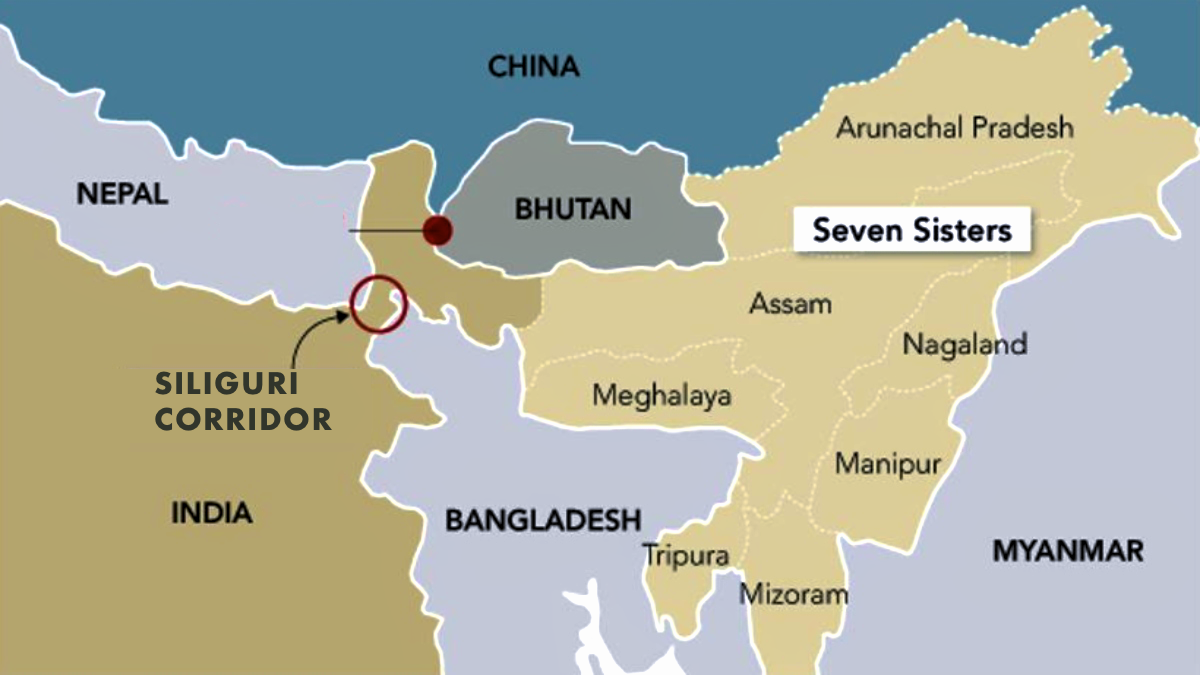
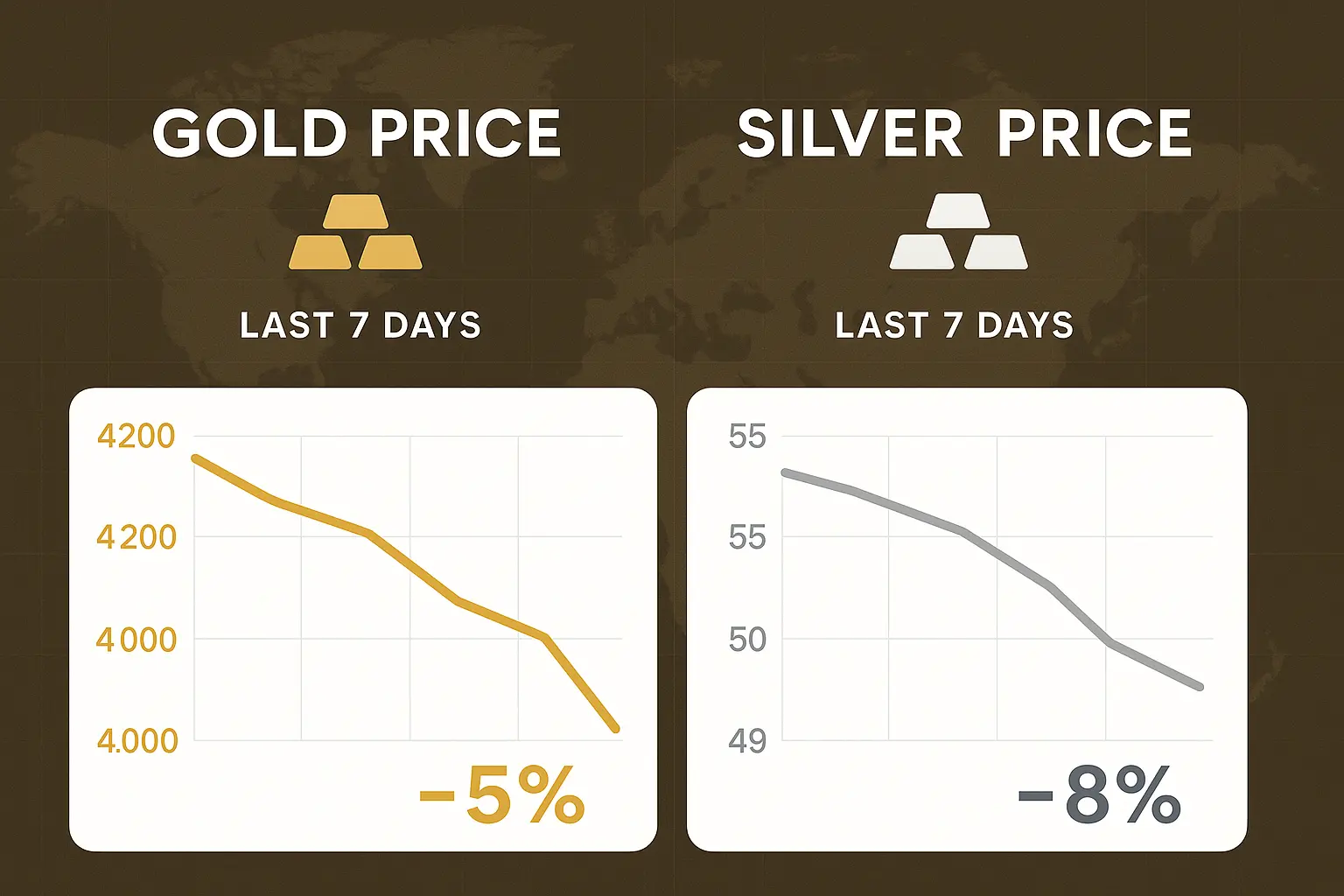

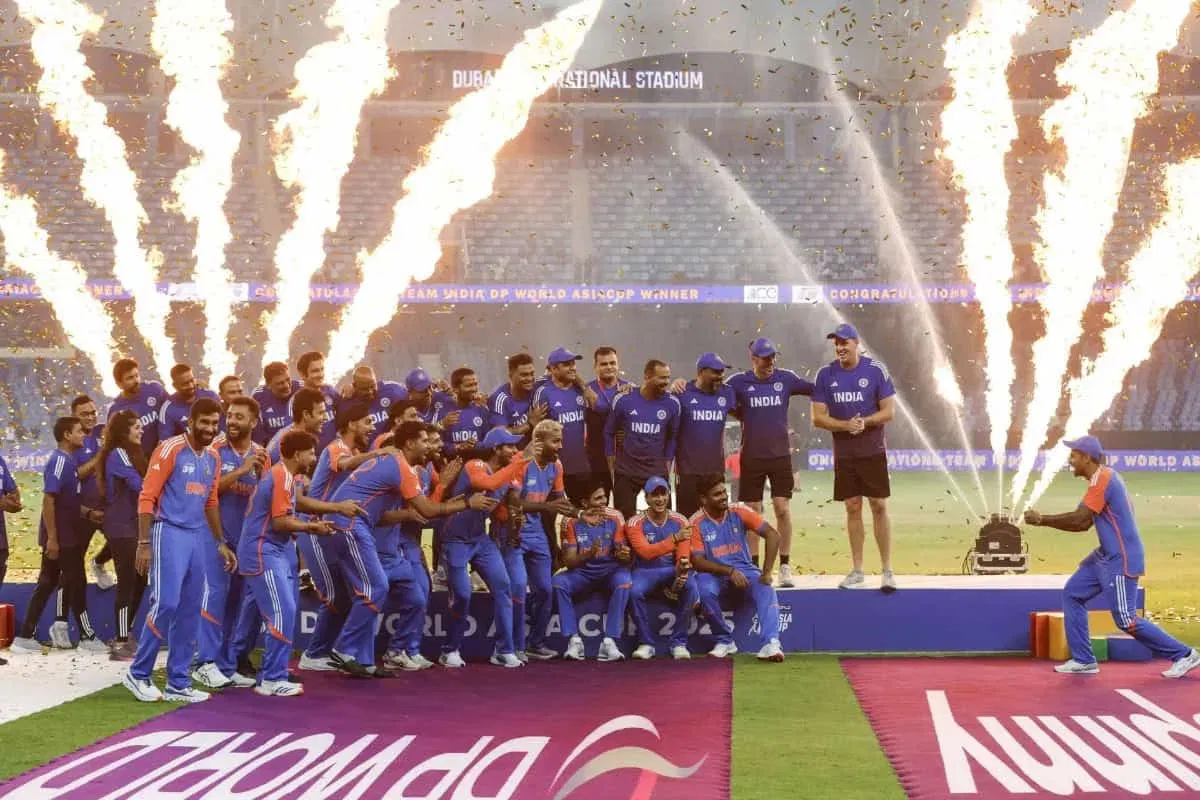
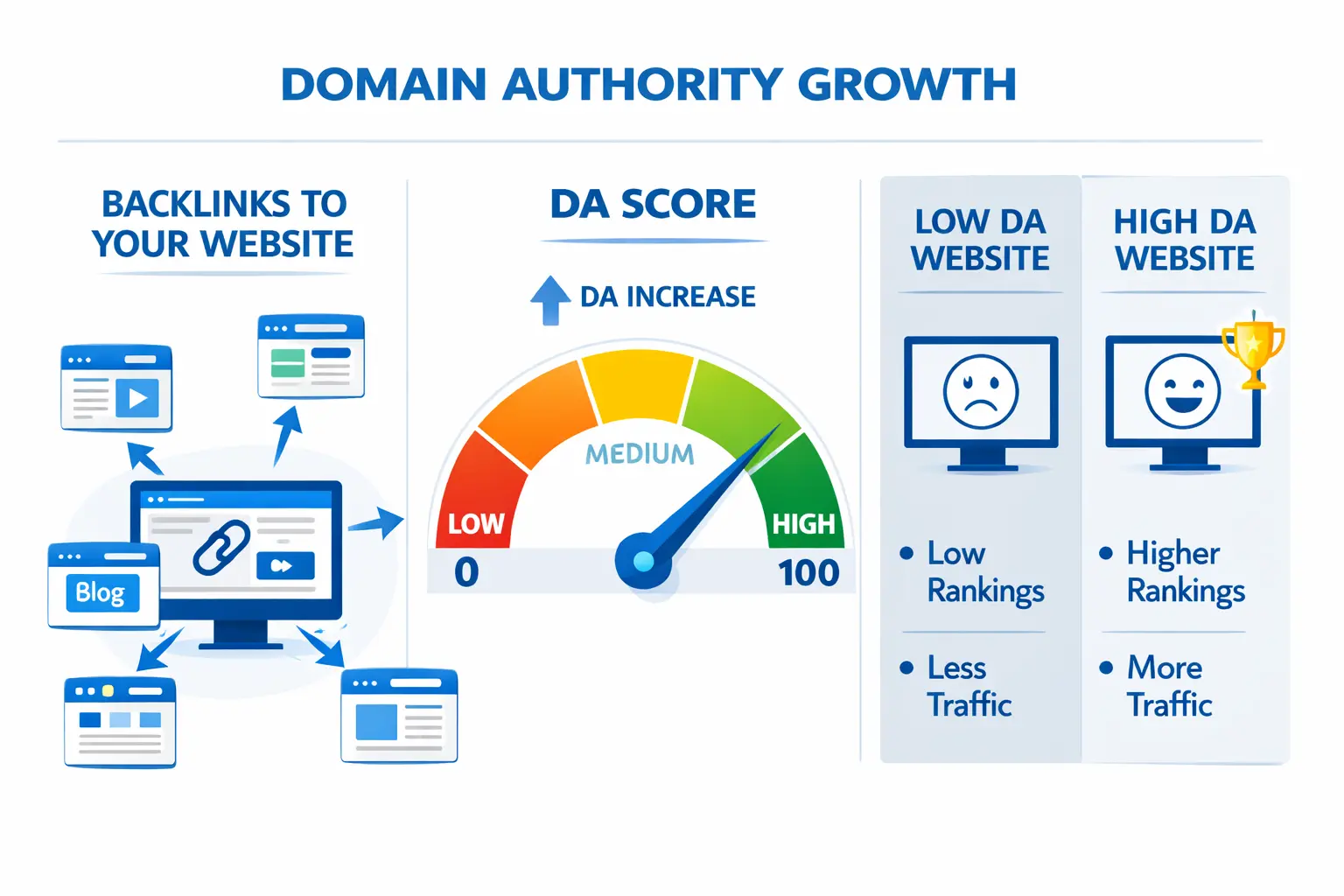


No comments yet. Be the first to comment!